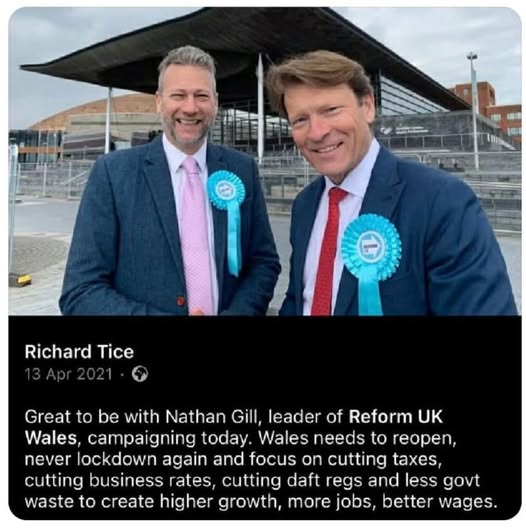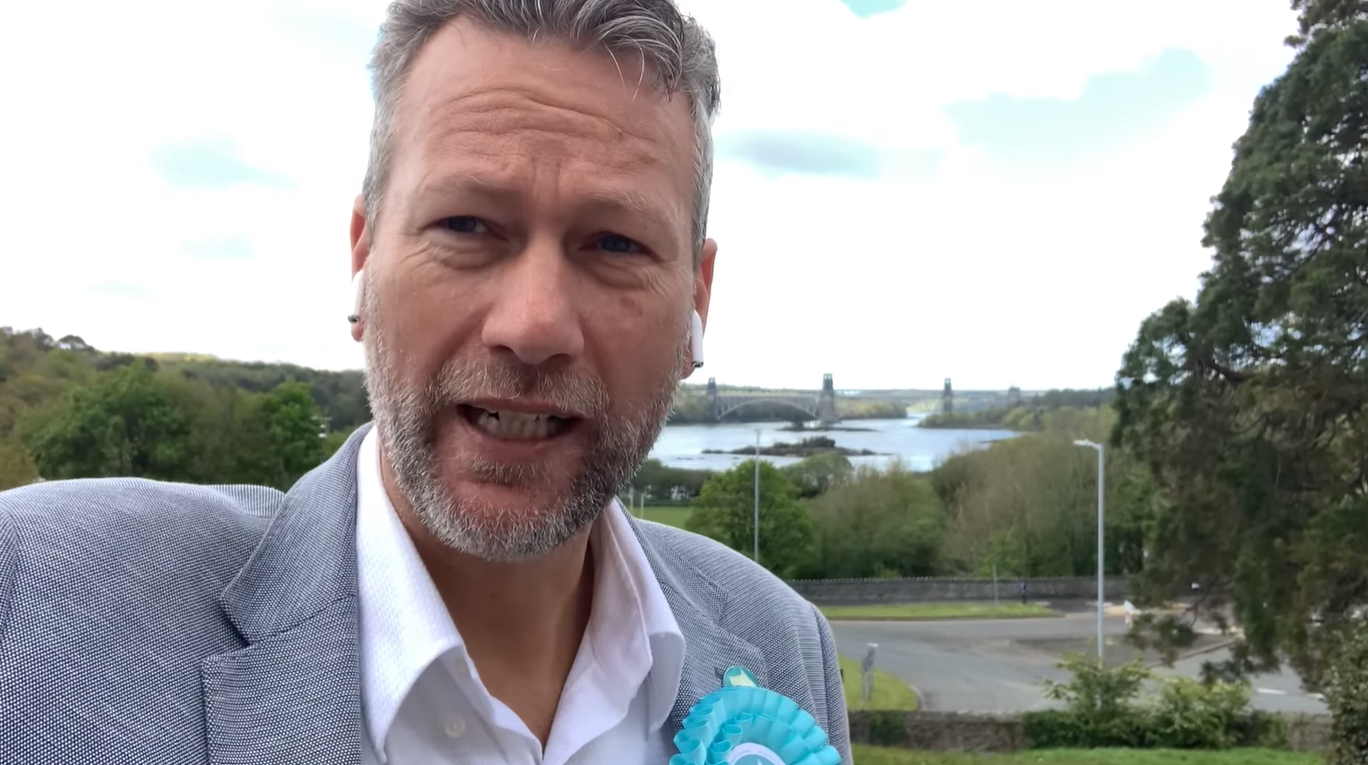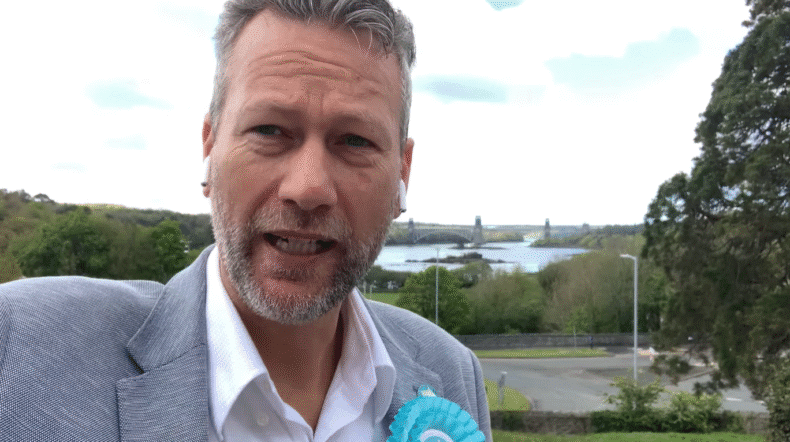On 26 September, former Welsh Brexit Party MEP and Reform UK official Nathan Gill pleaded guilty at the Old Bailey to eight counts of bribery for accepting payments for making pro-Russian statements in the European Parliament both on television and in public forums. He faces sentencing in November, and is widely expected to go to prison.
This is most definitely not a fringe political scandal. It is a direct admission that Russian-aligned money penetrated Farage’s immediate orbit during a pivotal chapter in Brexit.
What Gill admitted
Gill was tasked by Oleh Voloshyn, a Ukrainian politician later sanctioned by the U.S., for Kremlin-related activity, to push narratives favourable to Russia.
Evidence of the payments and arrangements, made between December 2018 and July 2019, was uncovered after Gill was stopped at Manchester Airport in 2021, when investigators from the Metropolitan Police’s counter-terrorism command found incriminating communications and contracts.
A separate charge of conspiracy to commit bribery remains “on file” (i.e., not proceeded with).
Why this matters to Farage
Gill was no political stray or lone actor. He followed Nigel Farage out of UKIP into the Brexit Party in December 2018, the very period he was receiving illicit payments.
Farage had publicly backed Gill in earlier internal party disputes, calling him “honest as the day is long.”
The timing is critical: from late 2018 through mid-2019, Gill was active in European campaigns and parliamentary debates that aligned closely with Russian strategic objectives.
 Richard Tice told The Times in March he had “never met Nathan Gill”
Richard Tice told The Times in March he had “never met Nathan Gill”
Reform UK has scrambled to dissociate itself. Senior figures claim they “never really heard of the guy,” and some suggest he was never formally a member.
Richard Tice claimed that “I have never met Nathan Gill, and he has never had anything to do with Reform” only to be contradicted by photographic evidence from 2021.
In fact, Gill was Reform UK’s Welsh leader before leaving politics in 2021.
Farage, Russia, and influence
Farage’s relationship with Russian media and narratives has long drawn criticism. He appeared repeatedly on RT (Russia Today), Moscow’s propaganda arm.
He has publicly praised Vladimir Putin as a shrewd operator and echoed Kremlin talking points on Ukraine, NATO, and European disunity.
And Russian state media have amplified his messages during Brexit and beyond.
His defence is simple: he denies taking Russian money, insists he has never visited Russia and brands allegations as “fake news” or a “witch hunt.”
Gill’s conviction however exposes the material side of what many have long believed was only a rhetorical alignment.
Political Fallout
Defence Secretary John Healey has accused Farage and Reform UK of “looking up to Putin” and warned they cannot be trusted with national security.
Welsh Labour have demanded answers, especially since Llyr Powell, Reform’s candidate in the forthcoming Caerphilly by-election, previously worked for Gill.
The central questions now remain: What did Farage know, if anything? Was Gill acting independently, or was he tolerated so long as his narratives served Brexit’s interests?
The takeaway
Nathan Gill’s bribery conviction is more than a scandal for a former MEP as it provides direct proof that Russian-tied payments bought influence in Farage’s inner circle at the very moment the Brexit Party was on the ascent.
The lack of a direct link to Farage doesn’t erase the proximity, timing and narrative alignment. Reform UK may attempt to distance itself, but the factual record now shows that Gill’s influence was literally bought and paid for.
This is not an isolated corruption case. It is a warning that movements that thrive on grievance, populism and institutional distrust are especially vulnerable to foreign subversion.
Farage may deny being in Moscow’s pocket but in Nathan Gill, he stood shoulder to shoulder with someone who was.
From Russia with love, so to speak.

